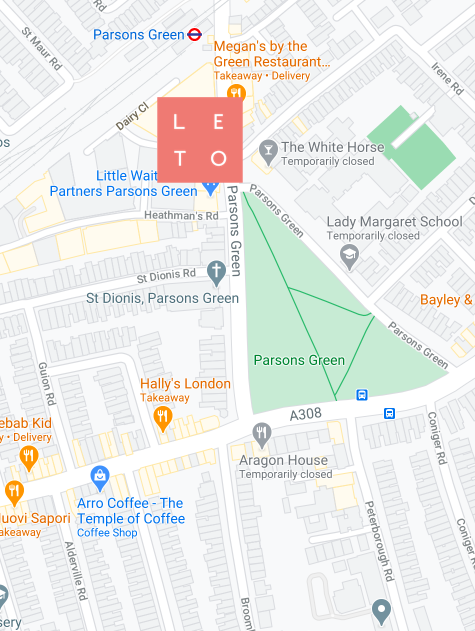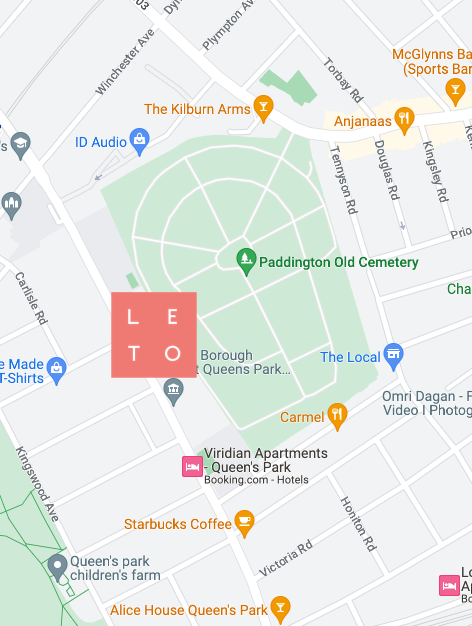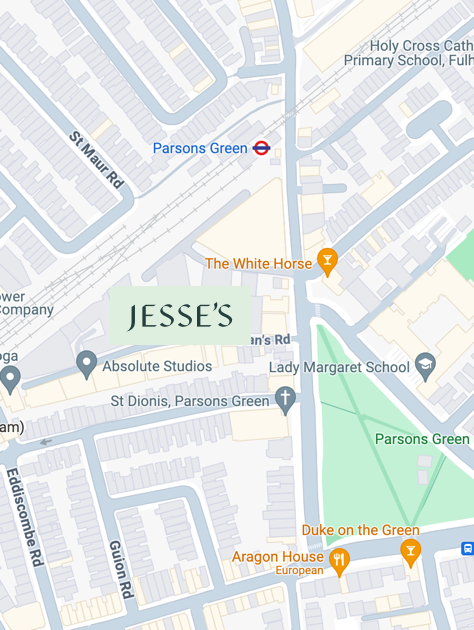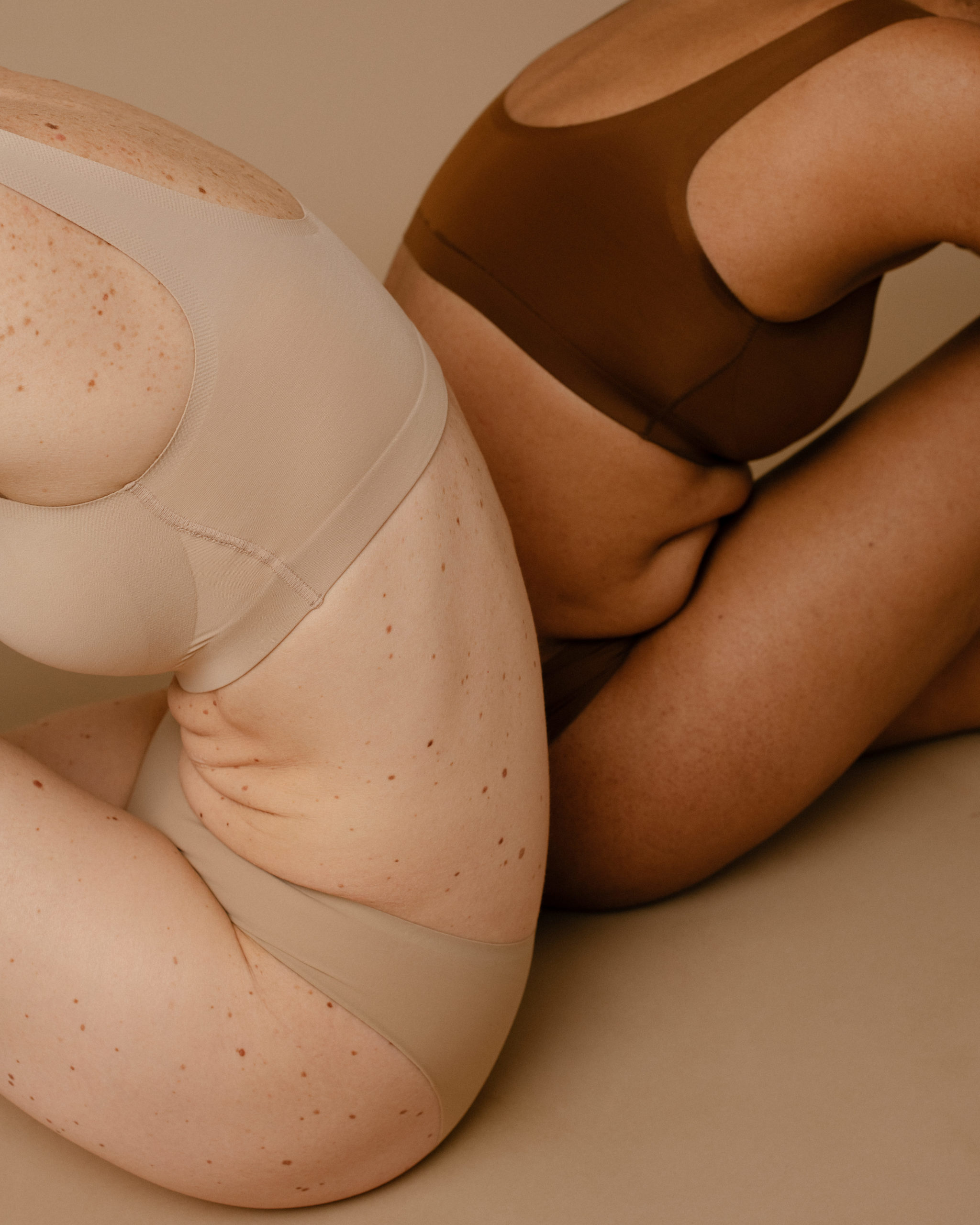
Close
Enquiry
Please see contact information below or complete the form and we will get in touch with you.

Parsons Green
3rd Floor Brigade House
8 Parsons Green
London
SW6 4TN

Queen's Park
2nd Floor
105-109 Salusbury Road
London
NW6 6RG

Jesse's House
8-10 Heathmans Road
Parsons Green
London
SW6 4TJ
Urinary & Bowel Incontinence
Urinary incontinence and bowel incontinence affect millions of women, impacting their confidence, daily life, and overall wellbeing. Many women avoid social activities, exercise, and daily routines due to fear and embarrassment. However, with specialist pelvic health care, these conditions can be managed and even resolved through tailored incontinence treatments and pelvic floor rehabilitation.
What We Treat: Urinary and Bowel Incontinence in Women
Urinary and bowel incontinence in women can significantly disrupt daily life and overall quality of life.
Understanding the different types and causes of these conditions is crucial for effective pelvic health treatment. At our clinic, we focus on addressing incontinence challenges, such as leakage during physical activities and sudden urges that interrupt your routine. By identifying the causes—like pregnancy, hormonal changes, or pelvic floor dysfunction—we tailor our treatments to restore your confidence and improve your quality of life.
Here are the primary areas we focus on:
Urinary Incontinence:
- stress incontinence: leakage during activities such as coughing, sneezing, laughing, or exercising, often caused by weakened pelvic floor muscles following childbirth
- urge incontinence: a sudden, intense need to urinate, often leading to frequent trips to the toilet and potential accidents
Bowel Incontinence:
- urgency incontinence: an overwhelming urge to pass a bowel movement with little warning, commonly caused by weakened pelvic floor muscles or nerve dysfunction
- passive incontinence: leakage without the sensation of needing to go, often due to decreased rectal sensation or muscle dysfunction
Common Causes of Incontinence in Women:
- pregnancy and childbirth
- menopausal hormonal changes
- chronic constipation
- pelvic surgery (e.g. hysterectomy)
- neurological conditions (e.g. multiple sclerosis, stroke)

How Physiotherapy Can Help with Urinary & Bowel Incontinence
Our expert pelvic health physiotherapists provide bespoke treatment plans designed to help women regain control over bladder and bowel function. Our approach includes:
- education on proper bladder and bowel habits
- lifestyle modifications to improve pelvic floor function
- bladder and bowel retraining techniques
- personalized pelvic floor strengthening programs
- supportive devices like pessaries, biofeedback, and electrical stimulation
In addition to rehabilitation programs, we offer:
- manual therapy to improve pelvic floor function
- breathing techniques and relaxation exercises to reduce urgency
- strength and coordination exercises tailored to your needs
- nutritional and lifestyle advice to support digestive and urinary health
Client Success Stories
assess > restore > transform
Pelvic PainEnquiry
Please see contact information below or complete the form and we will get in touch with you.


